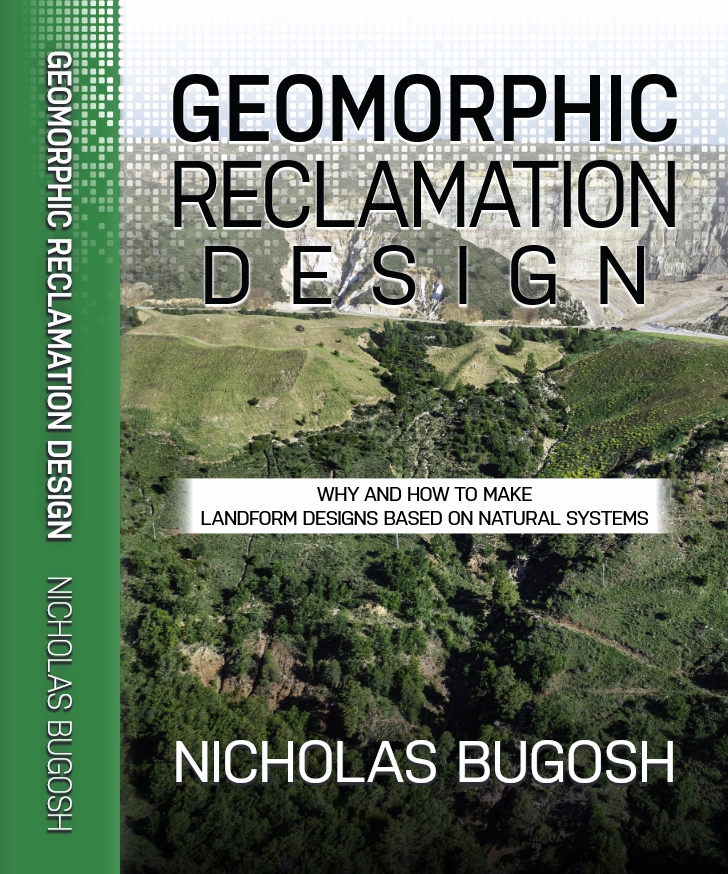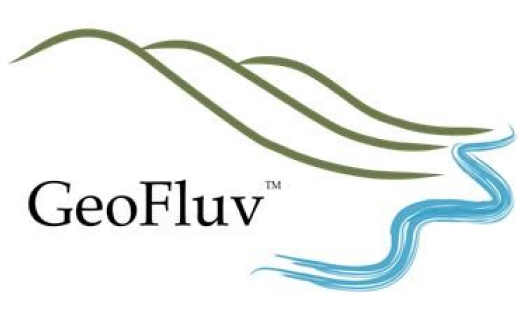
Innovative Land Reclamation Techniques
Geomorphic Reclamation Design introduces the reader to a successful alternative approach to disturbed land reclamation. This university-level textbook presents the material in two parts.
Part One explains why a reclamation approach based on natural landforms was developed.
● The evolution of reclamation goals that the designer needs to understand
● Geomorphic principles are directly applicable to making designs that satisfy all criteria
● The benefits and limitations of different attempts to satisfy those goals by including some geomorphic elements
● Introduction of the comprehensive GeoFluvTM design method which has proven results at reclamation sites, from sub-arctic too humid to semi-arid continental zones
Part Two explains how to apply geomorphic principles using the GeoFluv method to make stable reclamation landforms.
● How to locate geomorphic reference areas, and measure and interpret design input values
● A tutorial for using the purpose-built computer-assisted design software, Natural Regrade
● Explains the correct application of geomorphic input values for designs and how to enter them in Natural Regrade
● How to inspect draft designs for the desired functions of a stable natural landform
The text includes 187 figures, a comprehensive index, in-text references linking key concepts, review questions for each chapter, and an example design exercise. Whether acquainted with geomorphology or engineering concepts or new to them, Geomorphic Reclamation Design provides those who want to learn how to create stable functional landforms from disturbed land using geomorphic principles with all the basic concepts necessary to undertake this task and step-by-step guidance through an example design project.
Geomorphic Reclamation Design is available in hardcover and Ebook formats. Use this link to purchase Geomorphic Reclamation Design
